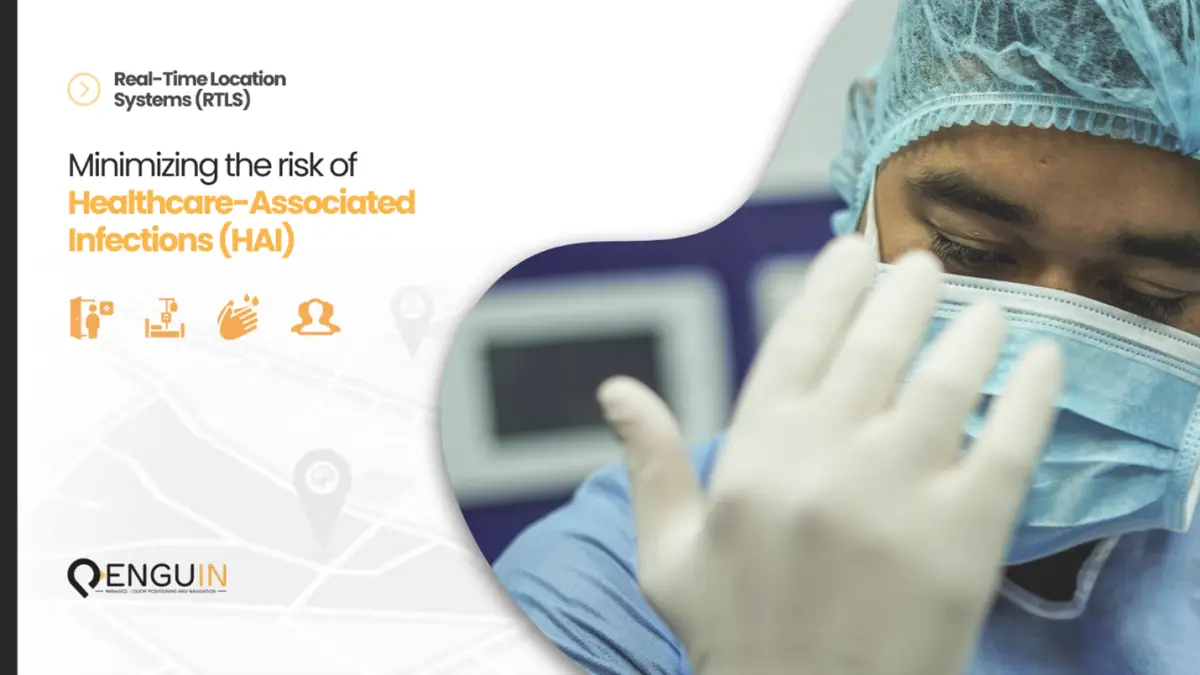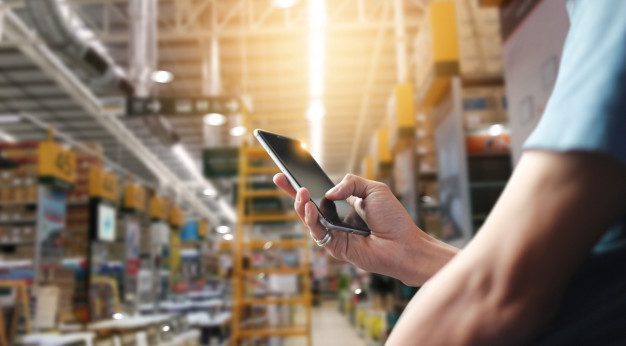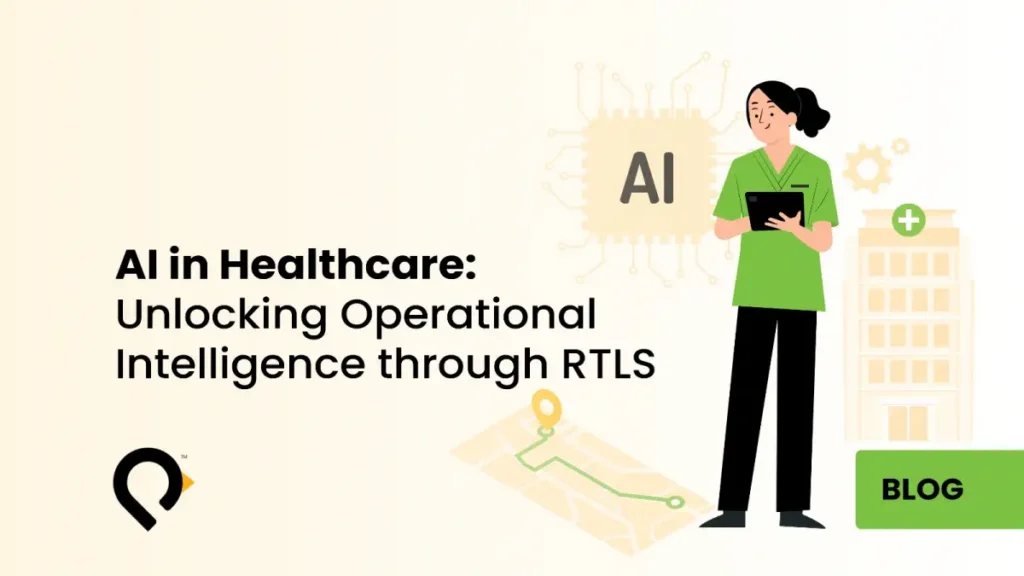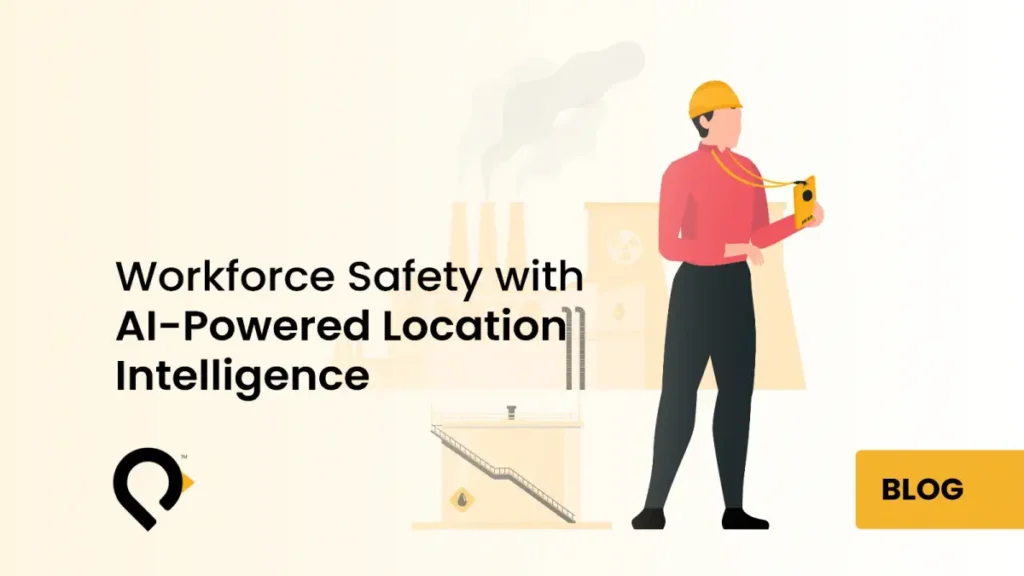
RTLS Solutions for Healthcare-Associated Infections Prevention
Healthcare facilities constantly strive to enhance patient safety and minimize the risk of healthcare-associated infections (HAIs). Moreover, Real-Time Location Systems (RTLS) have emerged as a valuable technology in this quest. Specifically, they offer innovative solutions to monitor and manage various aspects of hospital operations.
The Burden of Healthcare-Associated Infections
HAIs pose a serious threat to patient well-being. Furthermore, they add to the complexity and cost of healthcare delivery. According to the Centers for Disease Control and Prevention (CDC), approximately one in 31 hospitalized patients in the United States acquires at least one HAI [1]. Additionally, these infections not only compromise patient recovery but also strain healthcare resources.
Read more about the CDC guidelines
How do RTLS Solutions Operate? And which technology is the most suitable?
Real-Time Location Systems (RTLS) employ various technologies to implement location-based solutions. Notably, each technology has its merits and drawbacks. Specifically, these primarily stem from the accuracy at cost tradeoff, including both initial investment and operational costs. For example, RTLS technologies include Ultra-wideband (UWB), Ultra-sonic, Infra-Red and RFID.
In our pursuit of an optimal solution, Penguin developed its own RTLS solution using Bluetooth Low Energy 5.1 (BLE 5.1) with healthcare in mind. Today, Penguin’s sub-meter positioning accuracy serves as the underlying enabler for the HAI prevention solution that Penguin offers.
Learn more: BLE 5.1 vs UWB
RTLS Applications for Minimizing the Risk of Healthcare-Associated Infections (HAIs)
Asset Tracking
First and foremost, RTLS systems assist in monitoring the movement and usage of medical equipment. Consequently, this ensures that healthcare facilities properly clean and disinfect devices between uses. Moreover, by maintaining a digital record of equipment locations and usage, healthcare facilities can implement strict protocols for equipment hygiene. As a result, this reduces the risk of cross-contamination.
People Tracking
Second, real-time location tracking of patients allows healthcare providers to monitor their movements throughout the facility. This proves particularly crucial in quarantine scenarios. Specifically, in these cases, healthcare providers must isolate patients with contagious diseases. Furthermore, RTLS systems enhance the ability to implement effective isolation measures. Therefore, this limits the spread of infections within the hospital environment.
Staff Monitoring
Third, healthcare professionals play a pivotal role in preventing the transmission of infections. Moreover, RTLS systems enable the tracking of staff movements. Consequently, this ensures that staff adhere to hygiene protocols consistently. Additionally, this includes monitoring hand hygiene compliance and optimizing workflows. Therefore, this minimizes unnecessary exposure to infectious agents.
Workflow Optimization
Finally, RTLS technology helps streamline hospital workflows. Specifically, it provides real-time insights into the movement of patients, staff, and equipment. Furthermore, by optimizing the flow of people and resources, healthcare facilities can reduce congestion. Additionally, they can improve response times. Ultimately, this enhances infection control measures.
Penguin Location service: Your Partner in HAI Prevention
By leveraging the capabilities of real-time location tracking, hospitals can implement proactive measures. Specifically, these measures reduce the risk of infections, improve patient safety, and enhance overall operational efficiency. This is where Penguin comes in.
Moreover, our adopted technology (PenTrack) receives expert design to ensure swift and affordable solutions. Furthermore, we provide the hardware and grant access to our state-of-the-art algorithms. Consequently, these ensure efficient and accurate results. Additionally, our solutions integrate seamlessly into physical and software environments. Therefore, we accommodate our solutions with near zero-overhead.
Get Started Today
📧 Get a free consultation today: [email protected]
Discover how Penguin can help your healthcare facility reduce HAIs and improve patient safety.
References
[1] Centers for Disease Control and Prevention (CDC). Healthcare-Associated Infections Statistics.




